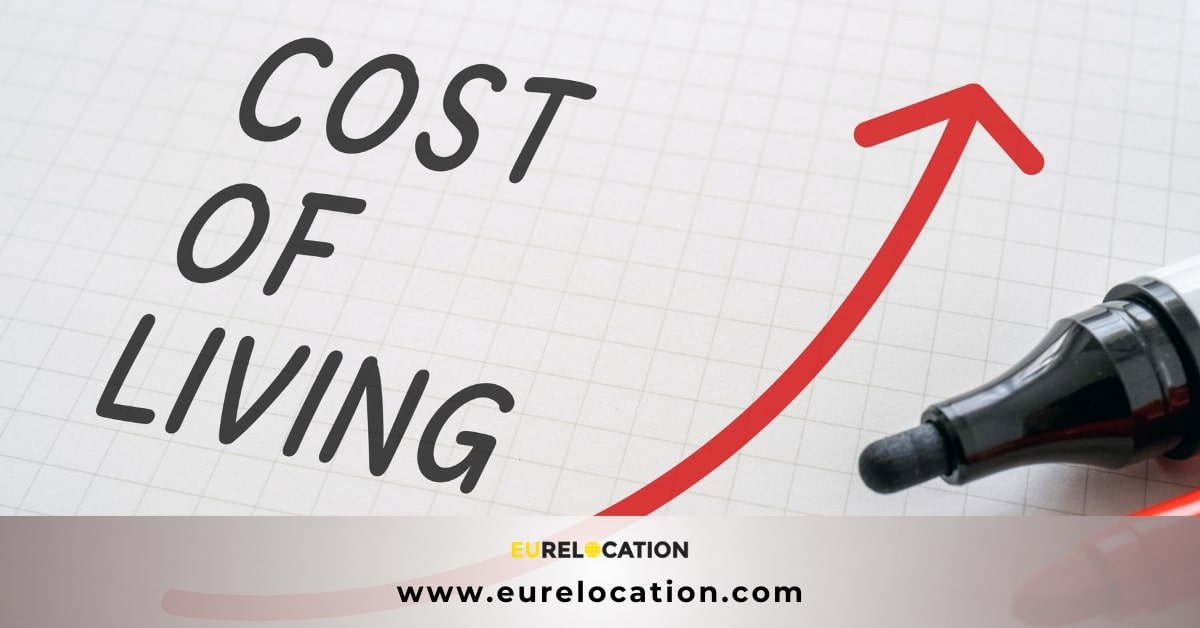RRelocating to Europe as an expat offers an exciting opportunity to immerse yourself in new cultures, Relocating to Europe as an expat offers an exciting opportunity to immerse yourself in new cultures, languages, and lifestyles. However, navigating the social norms and customs of your host country can be challenging without proper guidance. Mastering cultural etiquette in Europe plays a crucial role in building relationships, avoiding misunderstandings, and making the most of your time abroad. This comprehensive guide explores key aspects of cultural etiquette in Europe to help you adapt seamlessly to your new surroundings.
Understanding Cultural Diversity in Europe
Cultural etiquette in Europe reflects the continent’s rich diversity, with each country showcasing unique traditions, languages, and social customs. Whether exploring Germany, Italy, France, or Sweden, you will notice significant differences in how people greet, dine, communicate, and conduct business. Despite these variations, certain overarching principles—such as respect for local customs and politeness—apply across the continent.
1. Cultural Etiquette in Europe: Greetings and Introductions
Handshakes, Kisses, and Nods
In Europe Cultural etiquette varies widely in greetings:
- Western Europe: Countries like France, Belgium, and Switzerland commonly greet people with cheek kisses. The number of kisses varies, so observe locals to follow their lead.
- Germany and Northern Europe: A firm handshake with eye contact serves as the standard greeting.
- Southern Europe: Spain and Italy favor more physical expressions, such as hugs or cheek kisses among friends and family.
Formal vs. Informal Address
An essential part of cultural etiquette in the Eu is understanding formal and informal language. Many languages have distinct formal pronouns:
- In France, use “vous” for formal settings and “tu” for informal ones.
- In Germany, “Sie” conveys formality, while “du” suits informal situations.
When unsure, choose formal language until invited to use informal terms.
2. Dining Etiquette in Europe
Dining customs form an important aspect of cultural etiquette in Europe:
- In Germany and Austria, keep your hands visible on the table but avoid resting your elbows.
- In France, meals are leisurely, and finishing everything on your plate is polite.
- In Italy, bread often accompanies meals but rarely comes with butter.
Tipping practices also vary but are a key part of dining etiquette:
- In France and Italy, the bill often includes a service charge, but leaving small change is a kind gesture.
- In Germany and Austria, rounding up the bill or leaving 5–10% is appreciated.
- In Scandinavia, tipping isn’t mandatory, though rounding up the bill is courteous.
3. Punctuality and Timekeeping
Punctuality demonstrates respect and depends on the region:
- In Germany and Switzerland, arriving on time is essential and lateness is frowned upon.
- In Spain and Italy, time is more relaxed, allowing for slight tardiness.
Being aware of punctuality customs is vital to practicing cultural etiquette in Europe.
4. Dress Codes and Fashion
Appearance matters in cultural etiquette in Europe, particularly in social and professional settings:
- In Italy and France, smart, polished attire garners appreciation.
- Scandinavia favors clean, casual, and practical clothing.
- Eastern Europe leans toward formal attire, especially for events or professional settings.
When in doubt, opt for business-casual attire to make a positive impression.
5. Business Etiquette in Europe
Cultural etiquette in Europe significantly influences business interactions. Meetings and negotiations vary by region:
- Germans prioritize efficiency and direct communication, making preparation essential.
- In France, meetings often include rapport-building and conversational tones.
- Scandinavia emphasizes open communication and flat organizational structures.
Presenting business cards at the start of meetings is a common practice in many countries.
6. Public Behavior and Social Norms
Respecting personal space and understanding queueing etiquette are key elements of cultural etiquette in Europe:
- In Northern Europe, people value personal space and minimize physical contact.
- Southern Europeans tend to be more physically expressive.
- Waiting in line is serious business in the UK and Germany; cutting the queue is rude and likely to provoke disapproval.
7. Gift-Giving Customs
Gift-giving forms an integral part of cultural etiquette in Europe when visiting someone’s home:
- In France and Italy, flowers, fine wine, or chocolates are ideal. Avoid chrysanthemums, as they symbolize mourning.
- In Germany, quality wine, chocolates, or a bouquet of flowers are appropriate.
Some countries open gifts immediately, while others wait until later. Observe local customs to ensure you follow the appropriate etiquette.
8. Language and Communication
Learning basic phrases in the local language reflects effort and respect, a crucial aspect of cultural etiquette in Europe:
- In Spain, “Gracias” means “Thank you.”
- In Italy, “Buongiorno” means “Good morning.”
- In Germany, “Guten Tag” means “Good day.”
Direct communication prevails in Northern Europe, while Southern Europeans favor relationship-building and expressive conversation.
9. Religious and Holiday Customs
Religious practices and holidays often shape cultural etiquette in Europe:
- Christmas traditions vary widely, with unique customs in each country.
- Easter, especially in Spain, features significant events like Semana Santa processions.
10. Environmental Awareness and Sustainability
Europeans often prioritize environmentally conscious behaviors, such as recycling and reducing waste. Respecting these practices demonstrates a commitment to the cultural etiquette in Europe.
Mastering cultural etiquette in Europe involves understanding local customs and respecting traditions. By learning practices such as a proper handshake, dining etiquette, or key phrases in the local language, you can enhance your experience and foster meaningful connections. Stay open, curious, and respectful to make adapting to cultural norms an exciting and rewarding part of your expat journey.









